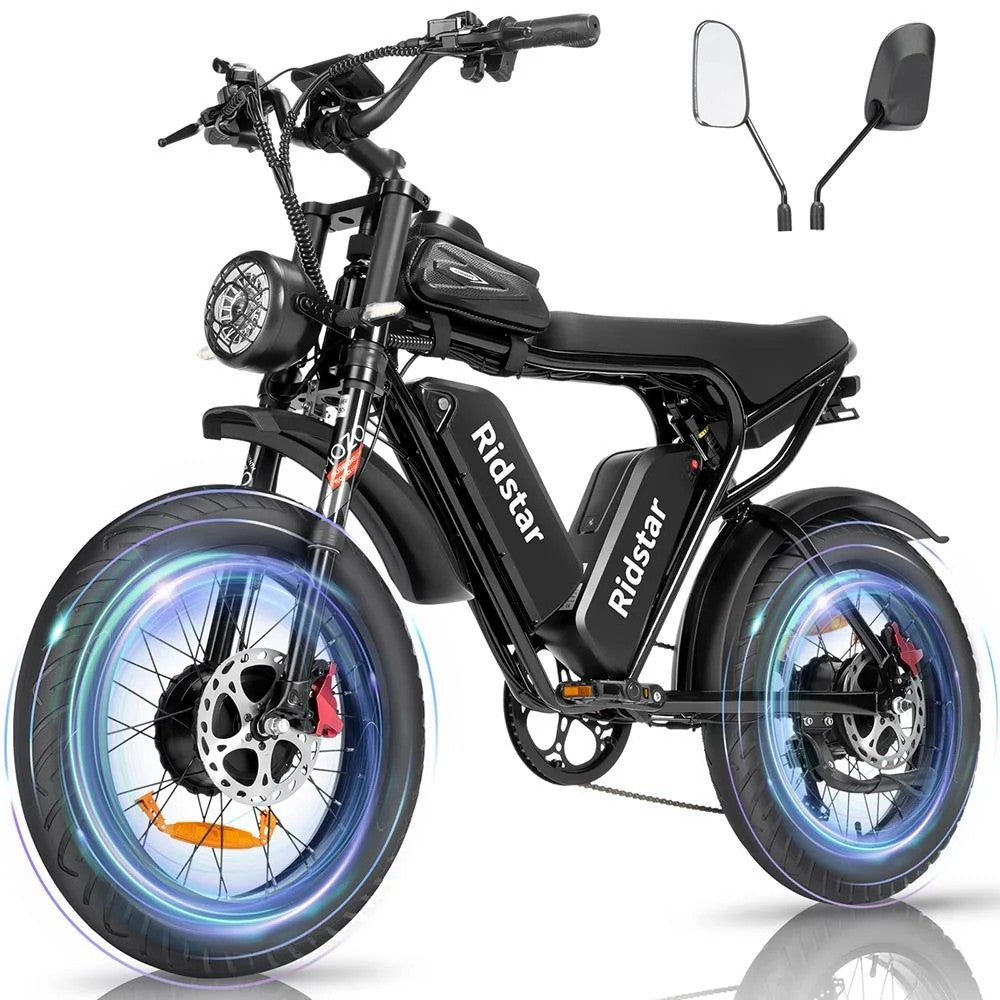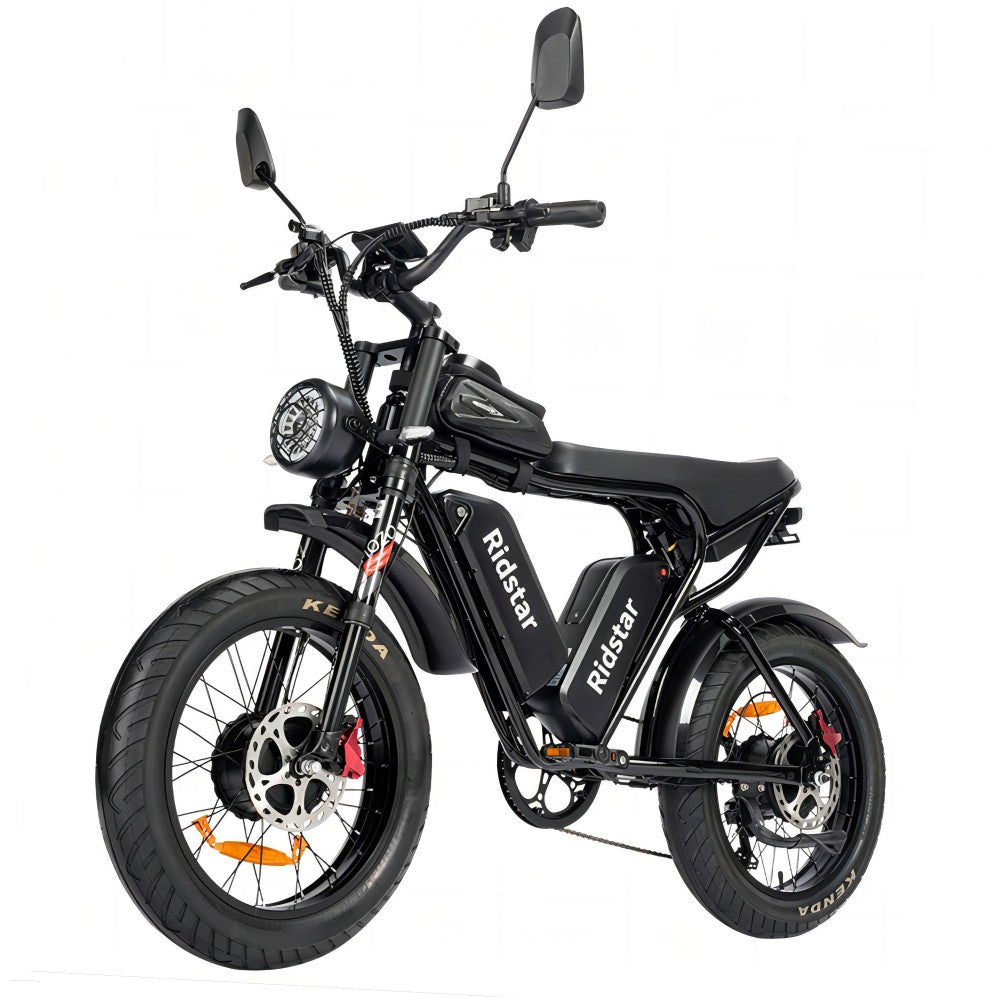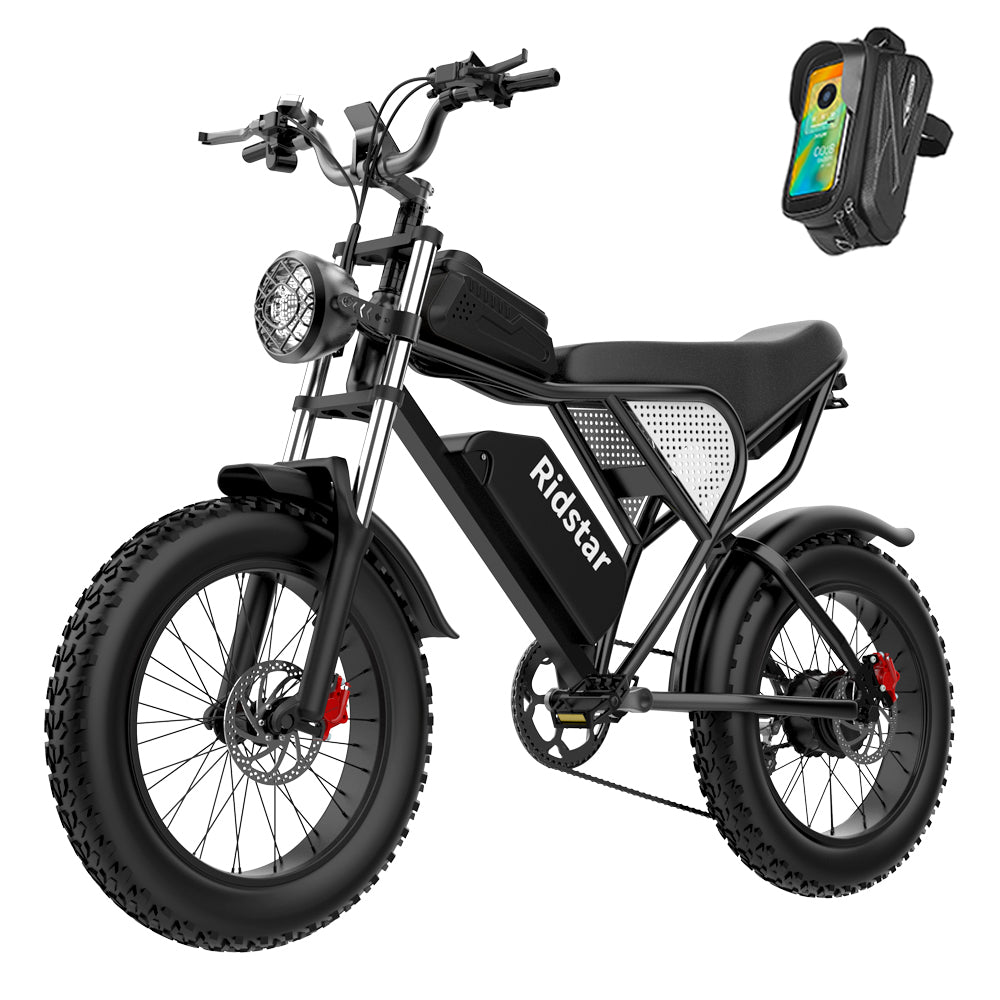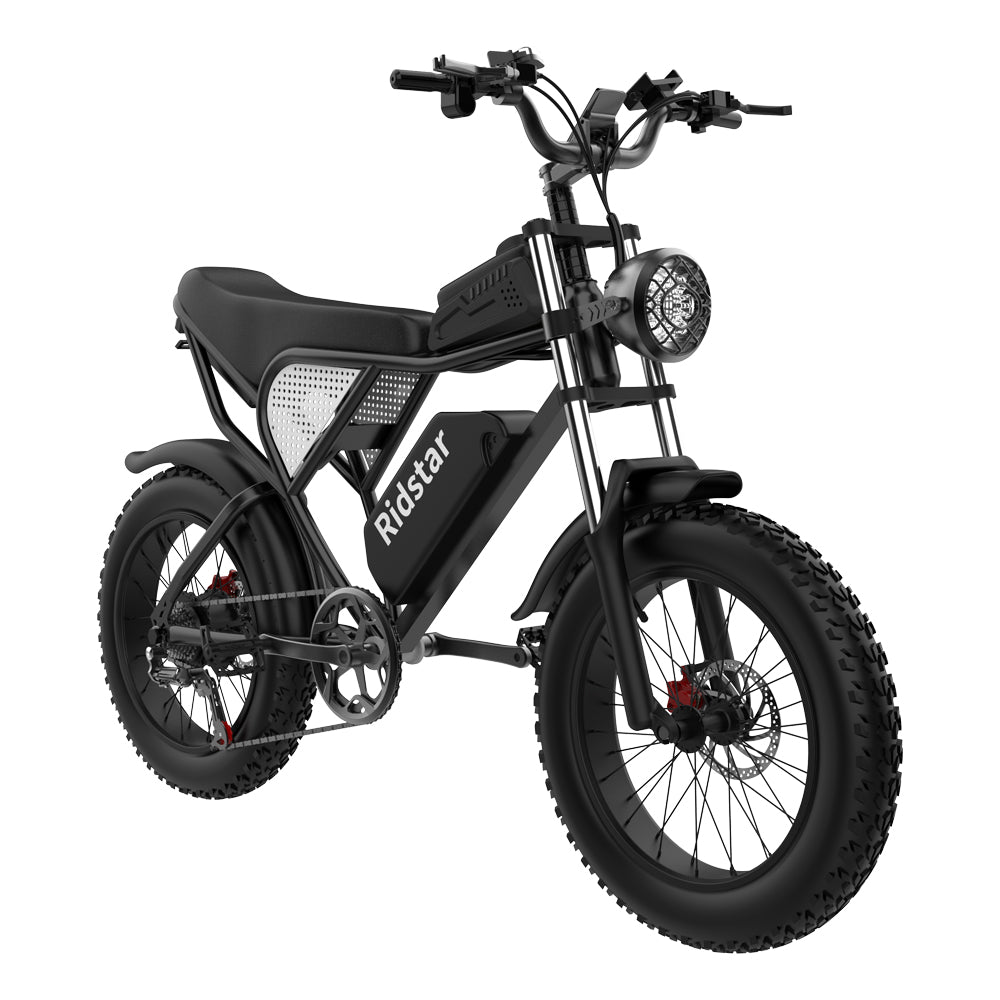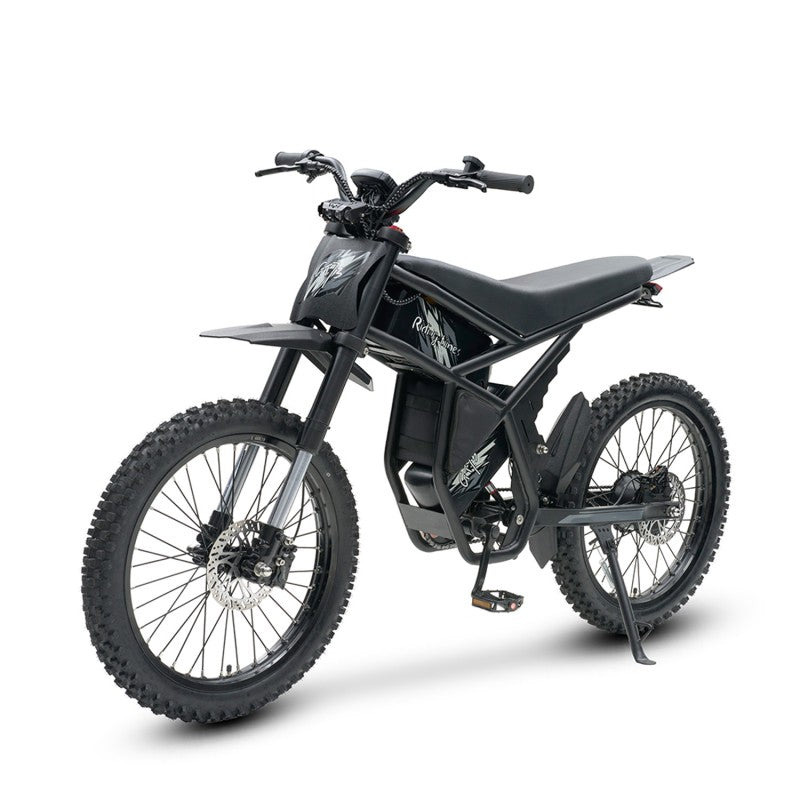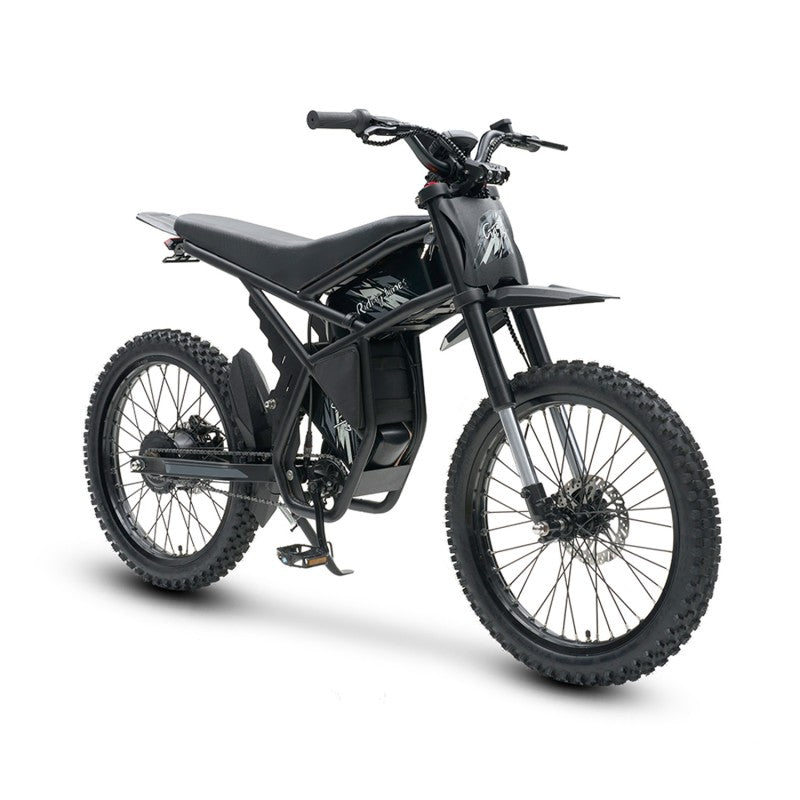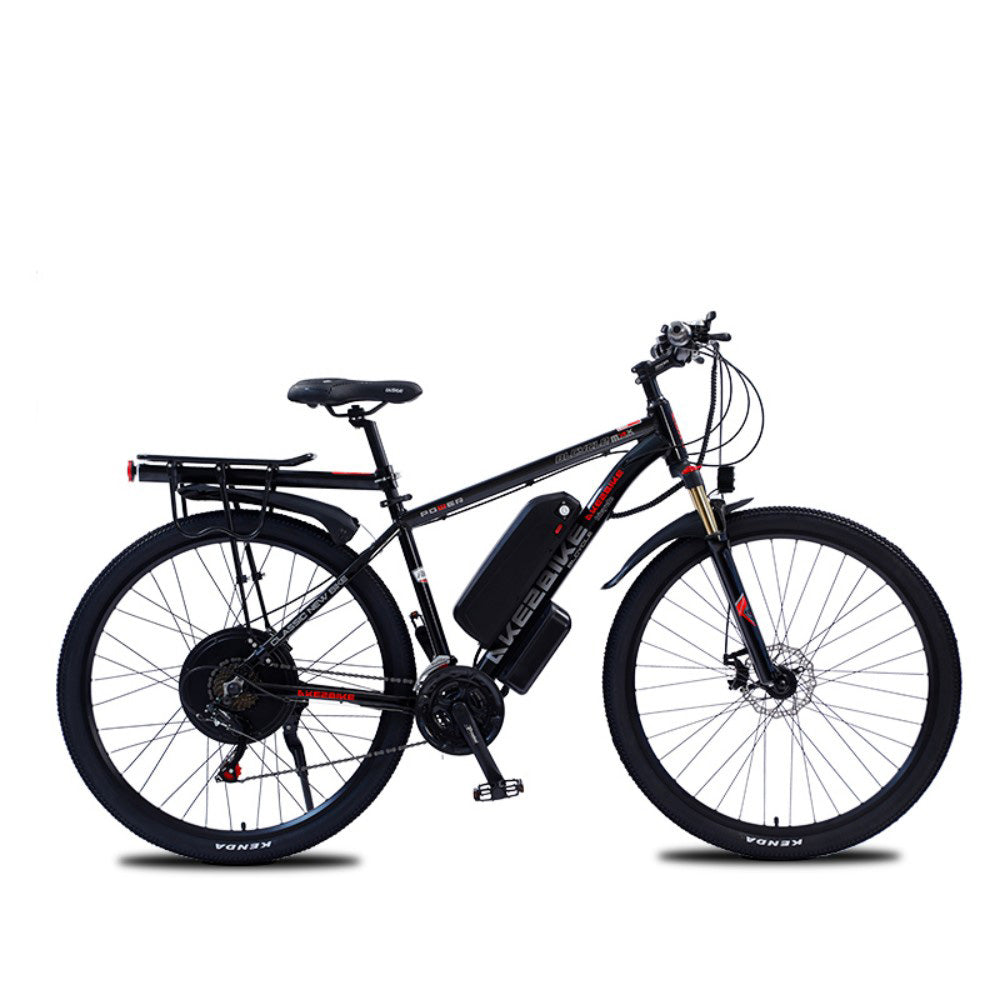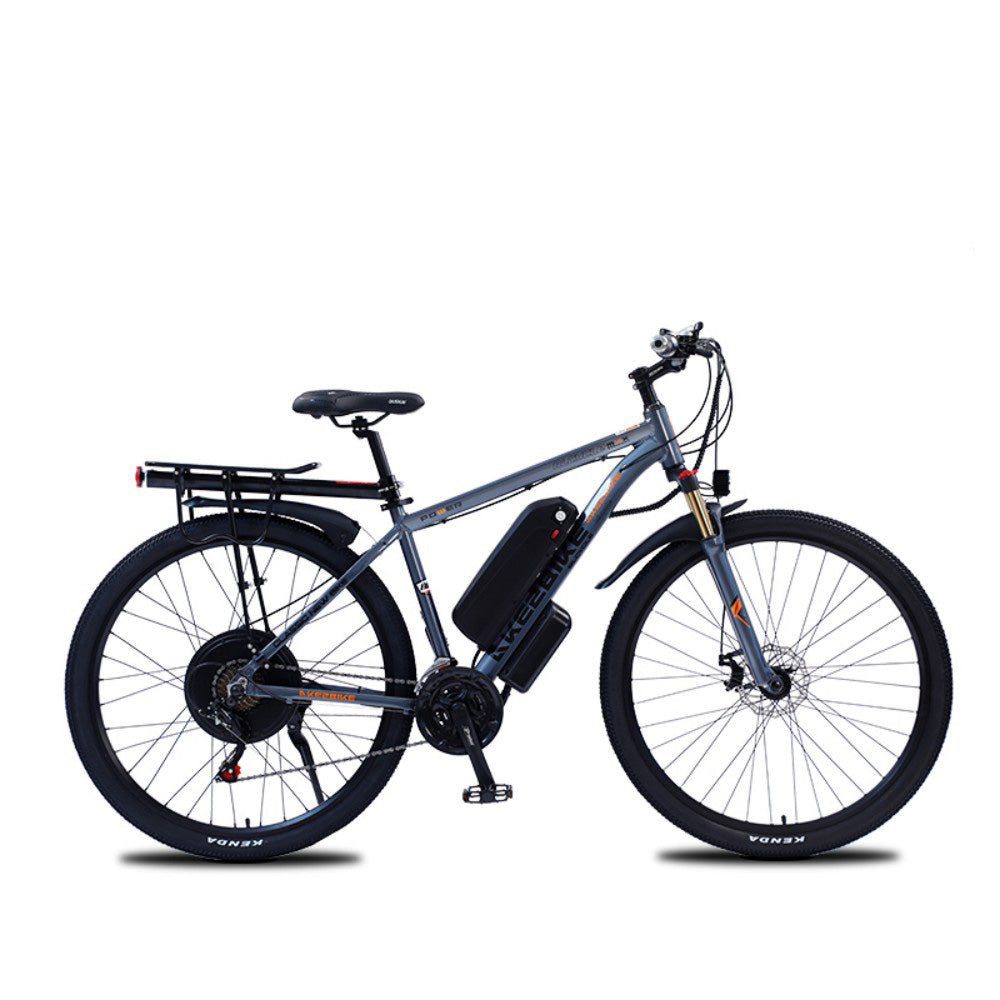As urban logistics and short-distance transportation needs surge, cargo bikes are evolving from niche solutions into a core component of urban mobility across Europe. However, the rapid expansion of this market has also brought safety concerns to light. Last year, incidents involving frame breakage in Babboe models and emergency recalls by brands like Vogue and Carqon sparked public concern over the safety of cargo bikes.
In response, Europe is preparing to introduce its first dedicated industry standard for cargo bikes, modeled after existing regulations for bicycles, e-bikes, and their components. This new framework aims to ensure that cargo bikes meet the high safety and quality standards expected across the continent.
Due to their heavy weight and the complexity of real-life use cases—such as transporting children—cargo bikes have long required stricter safety and structural standards. Unfortunately, current bicycle and e-bike regulations fall short of addressing these specific needs. According to Joost Witsenburg, a consultant from the Dutch Standardization Institute (NEN), over 100 experts from manufacturers, testing bodies, governments, and universities have spent five years developing the new standard.
"The reason is simple," Witsenburg explains. "There are already many standards for bicycles, including those covering individual components. But for cargo bikes, there were none. Cargo bikes are a completely different category—they face different loads, impacts, and usage scenarios. With the growing popularity of cargo bikes, it was time to bring clarity to the market.”
A Comprehensive Framework: Seven Chapters Covering All Use Cases
The new European cargo bike standard is divided into seven chapters, each addressing a specific aspect of safety and functionality:
-
Terminology and Definitions – Clarifies key concepts such as “light two-wheelers” with a maximum payload of 250 kg.
-
Technical Requirements for Light Two-Wheelers – Establishes criteria for strength, stability, and structure in cargo bikes under 250 kg.
-
Extended Requirements for Multi-Wheeled Models – Addresses the needs of trikes and other configurations used in more demanding freight scenarios.
-
Commercial Cargo Bikes (Heavy-Duty Class) – Focuses on logistics and delivery use, emphasizing durability and load capacity.
-
Electronic Component Standards – Regulates the safety and performance of batteries, motors, and other electric parts in e-cargo bikes.
-
Passenger Transport Safety – Sets standards for child seats, restraint systems, and other safety features in people-carrying setups.
-
Trailer Standards – Covers hitching systems, stability, and other requirements for trailers used with cargo bikes.
Currently, five chapters have been published, with Chapters 4 and 6 expected to be finalized by September, at which point the standards will offer comprehensive coverage across the European market.
Witsenburg emphasizes that this initiative is not a reactionary move triggered by recent safety issues, but a strategic response to long-term industry needs. “Cargo bikes face different weights, forces, and operational scenarios, and current standards simply aren’t enough. This standard is about setting clear benchmarks for quality and safety,” he says.
Although the standard itself is not legally binding, it could become enforceable if referenced in legislation. More importantly, it represents a collective best-practice guide for the industry. Manufacturers who adhere to the standard and pass the relevant tests can significantly reduce legal risks. “In the event of an accident, courts will first assess whether the product complies with the standard,” Witsenburg notes.
A New Era of Regulated Growth
The introduction of Europe’s first cargo bike industry standard marks a turning point for the sector—from uncontrolled expansion to structured development. For manufacturers, it offers a roadmap to minimize risk and improve efficiency. For consumers, it restores confidence in safety and reliability. For the industry as a whole, it paves the way for globalization and sustainable growth.
As these standards become more complete and widely adopted, cargo bikes may soon become a standard fixture in urban transport and last-mile logistics.
F20 Mate L2e-P Certified Electric Cargo Bike

The F20 Mate Electric Bike (L2e-P) is a two-wheeled cargo e-bike certified under the EU’s L2e-P type-approval standard. With a top speed of 45 km/h, it’s legally road-ready and equipped with turn signals, mirrors, a horn, and full lighting systems—meeting all traffic regulations (AM/B driving license required). Despite these features, it retains ample cargo space, making it ideal for practical transport. It also includes dual suspension and wide tires for a smooth ride on various terrains, while an optional trike version offers unmatched low-speed stability thanks to an additional wheel and differential.









